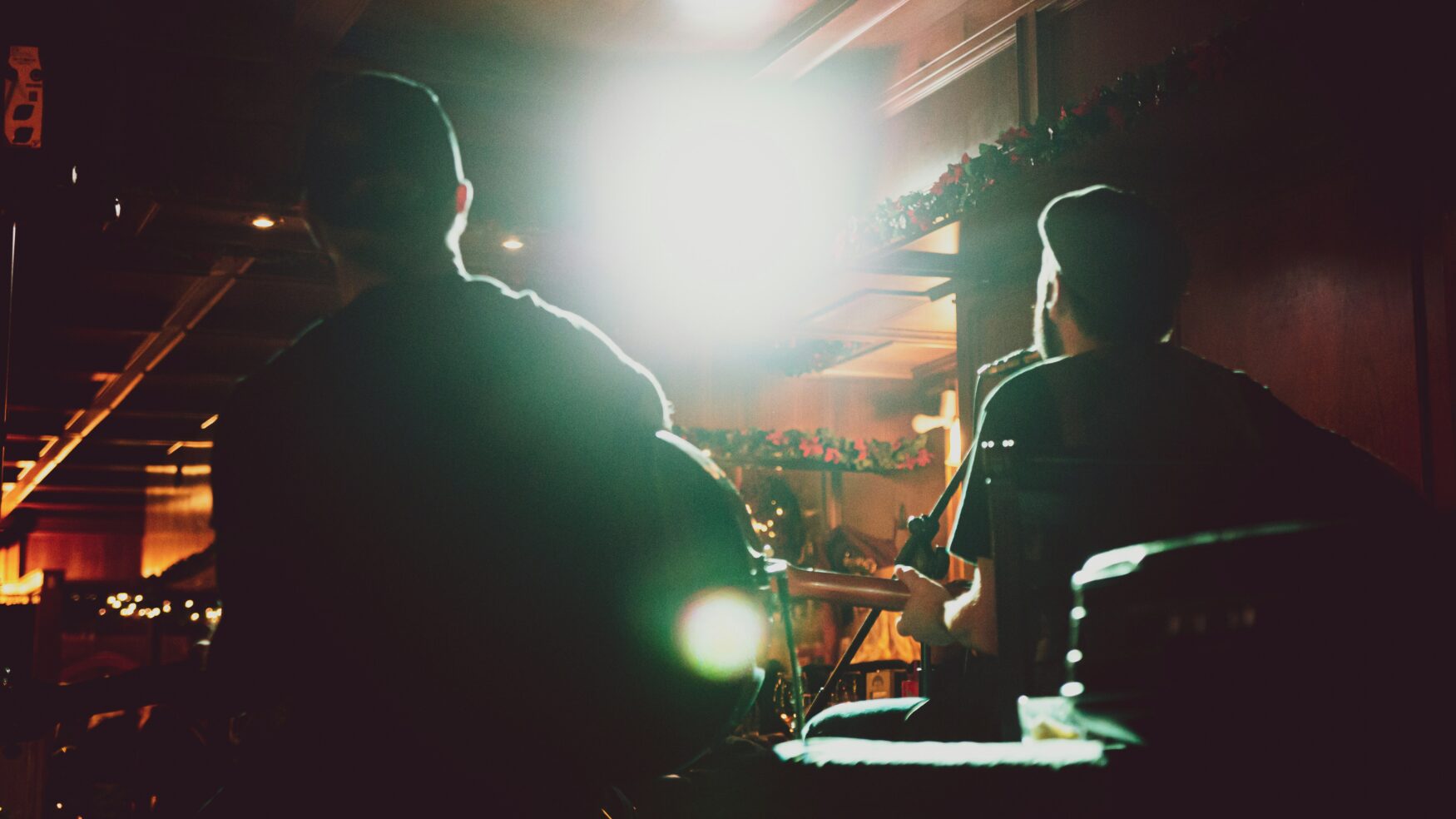Welcome to Deep Dive with Darkwave, where we answer your questions about tax quirks, business perks and how it all works. Meredith Fannin is a fully qualified Chartered Accountant, specialising in creative and performing arts, music, film, television and fashion. She’s here to answer your questions and help you get the most out of your creative pursuits.
This week, Meredith responds to a question about how people working in music and entertainment can manage multiple income streams. Many people working in the arts have numerous projects, endeavours and creative pursuits on the go at one time, so how do they manage that with the Australian Tax Office (ATO), as well as with business partners who may be part of one income stream, but not another?
What should people do who are setting up the systems and structures for a band that might make money one day? What can they do to get it right from day one, to ensure everyone is paid fairly and the burden of keeping track of it all doesn’t become too hard?
Have more questions? Want to get more out of your money and focus your time and energy on creating content, making music or building businesses? Darkwave is a boutique Chartered Accounting Firm, led by directors Meredith Fannin and Andrew Elmore, who bring a combined 40-plus years of unrivalled experience to the business. Darkwave’s Business Management arm for busy mavericks also offers a virtual CFO service for artists, creators and creatives.
Not had a chance to listen? Read Darkwave’s tips below.
Starting as a Sole Trader
The easiest thing to do is to have a sole trader ABN [Australian Business Number] as a freelancer to start with – that’s essentially where you start.
You can have multiple activities under that one ABN. If you are carrying on different businesses that you want to identify as separate, you can register business names with ASIC [Australian Securities and Investments Commission] against that one ABN, then you can trade under various different names under the one ABN.
For tax purposes, it all gets pulled together and consolidated as tax. But in terms of how you represent yourself in business, you could have a whole lot of different businesses and streams going through. That’s the easiest thing to do.
You can still have the one software package, where you might be invoicing everything and then creating different invoicing brands within that software package for all the different work that you’re doing. But then in terms of doing things like BAS’s [business activity statements] and tax, it’s still all in the one place. And most of the software packages now have a project code function where you can stream, do divisional reporting on your different business activities. Then you know which ones are making money, which ones aren’t, which ones you’re investing in – you’re building up toward something bigger – and others, it’s the one that’s essentially keeping you going and covering all your living expenses.
Band Structures: Partnership vs. Sole Trader
The first structure that a lot of bands will start with is a partnership. The reason for that is it’s easy to set up, it’s free to set up a partnership ABN. It means that everyone’s equal within the band, and it’s quite simple to run. To do that, the best things to do are, one: make sure that your band name is registered. And, two: then set up the partnership with that band name linked to it, and set up a partnership bank account that all of the band members have access, or view-only access to, so that they can see exactly what’s going in and out of that account.
There is a habit with bands starting out that they will often have it set up under one person’s sole trader ABN, and then all of the other musicians will invoice for them. While that might be easy to do to start with, it can be complicated later when the band starts to make money and then there’s a little bit of mistrust sometimes about where that money’s actually going, because no one else has visibility of that. And also it complicates the person who has decided to nominate their own sole trader ABN, it can complicate their tax as well, because they have a whole lot of other expenses running through that are for the band and not necessarily for them individually.
Key Steps for Band Partnerships
The best thing to do is to set up a business bank account. Normally, if you’re just starting out, it would be a partnership. Having a partnership agreement, that would also be a band agreement where it’s just about who does what, if there’s one person that’s nominated to be the person that’s going to do all the record keeping, then that’s listed in there, and it’s also about ensuring that everyone’s contributing an equal amount to start up, start the band. So normally, you’re not going to be making money straight away, it might be that each person’s contributing $500 or $1,000 into the band bank account, then they can start paying for the first demos or rehearsal costs and things like that as well.
Have more questions? Want to get more out of your money and focus your time and energy on creating content, making music or building businesses? Darkwave is a boutique Chartered Accounting Firm, led by directors Meredith Fannin and Andrew Elmore, who bring a combined 40-plus years of unrivalled experience to the business. Darkwave’s Business Management arm for busy mavericks also offers a virtual CFO service for artists, creators and creatives.


